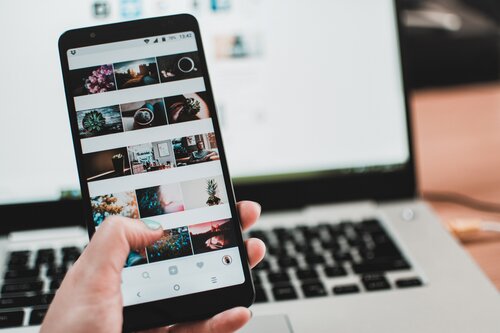The past year has been a time of great uncertainty, which we are hopefully reaching the end of. While our top priority has been health, finances have come a close second. How could they not, considering that millions of people have lost jobs, hundreds of thousands of businesses have shut down, and many of us are now unsure of our next paycheck?
Once this pandemic has ended, we are all going to need a reset of our personal finances. We need to reassess how we take care of the financial wellbeing of ourselves and our families.
To help you start thinking about these matters, here are some things to take into consideration.
Insurance
For many Americans, the various kinds of insurance provide the biggest source of financial stress. For many other Americans, the lack of insurance coverage provides a far bigger source of financial stress. The insurance industry is a microcosm of the problems we face in our financial system: it is a losing game no matter how we play it. The thing is, without insurance you have a lot more to lose.
During the pandemic, problematic insurance policies have plagued millions of struggling Americans. Unfortunately, it is insurance that often provides the financial security we need in uncertain times. These are the types of insurance you should reassess in your financial planning post-lockdown.
- Health Insurance
We’ve all heard the stories of Americans who have survived COVID-19 only to be hit with a medical bill of tens of thousands of dollars that their insurance won’t pay for. That reality is way worse for people without health insurance, the number of whom has skyrocketed during the pandemic.
Look, there is no easy fix when it comes to the expenses of American health care. No matter what insurance you go with, you may struggle to pay the premiums. However, if you don’t have insurance, it is crucial that you make a plan to get coverage. The alternative is not getting necessary care when you need it or being left deep in debt because of illness.
Make sure to compare what different insurance plans cover. Going with the cheapest plan may mean you end up still having to cover doctor’s visits, procedures, and medication yourself.
- Home Insurance
If you’re looking to offload some costs, dropping your home insurance is no way of doing so. Your home is your biggest asset, and homeowner’s insurance covers your other possessions as well. A fire could leave you with nothing.
Furthermore, this type of insurance does not need to be expensive. You can get a cheap home insurance quote to ensure you are paying as little as possible for the best coverage available. Dropping your home insurance is not going to free up all that much cash and could be your downfall.
If you are renting, seriously consider getting renters insurance, which is cheap and will give you peace of mind that your possessions are replaceable in case of disaster.
- Life Insurance
Over 530,000 Americans have died from COVID-19. If you had projected that number a year ago, many people would have called you crazy. Which is just one indication that a lot of these individuals were not prepared for premature death. Many thousands of families have been left destitute due to the death of their primary breadwinner.
Life insurance is a tough sell, as you are essentially betting on your own death. Provided you live a long life, you are paying money into a void. But considering that life is not guaranteed even in normal times, it is well worth taking out insurance that will keep your family afloat even if worse comes to worst.
You don’t need to go with a particularly high plan, but you should aim to leave your family with enough to have the time to figure out how to move forward.
Staying afloat
The majority of Americans are not thriving financially, but rather merely staying afloat. This is more true than ever in the wake of a pandemic that has left hundreds of thousands dead, millions sick, and many more without jobs.
Insurance is a major expense, but it can also be a lifesaver. Make sure your various types of insurance are in order – that you are not paying more than you can afford, but are nonetheless covered for when you need it most.
















This site is protected by reCAPTCHA and the Google Privacy Policy and Terms of Service apply.